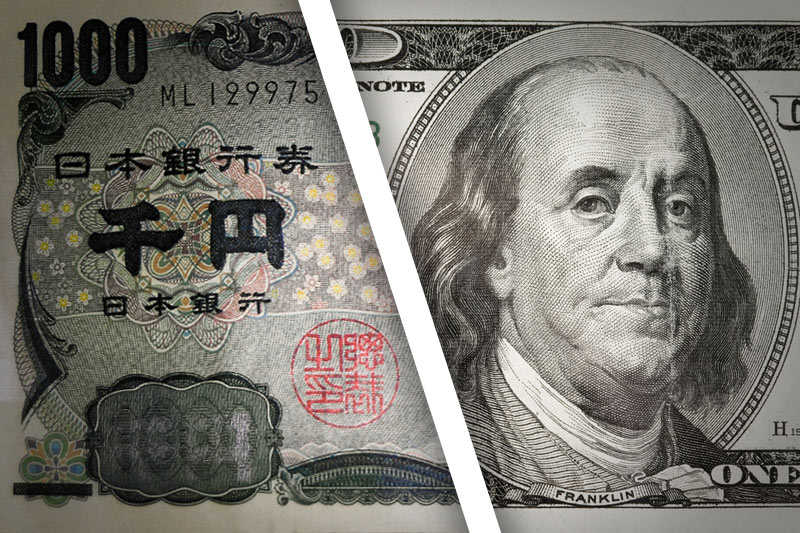Investing.com - The dollar was steady close to two-and-a-half year highs against the yen on Thursday after the Bank of Japan kept monetary policy unchanged, in a widely expected decision.
USD/JPY hit 93.71 during late Asian trade, the session high; the pair subsequently consolidated at 93.51, edging up 0.12%.
The pair was likely to find support at 92.35, the low of February 11 and resistance at 94.45, the high of February 11 and a two-and-a-half year high.
The BoJ refrained from expanding its stimulus program following its policy setting meeting, as investors looked ahead to a meeting of finance ministers from the G20 later in the week, amid concerns that Japan could come under pressure following the recent steep decline in the yen.
Earlier Thursday, official data showed that Japan’s economy contracted by 0.1% in the fourth quarter, compared to expectations for an uptick of 0.1%.
The weaker than forecast data underlined the argument for more aggressive easing measures by the Bank of Japan to spur growth and combat deflation.
Elsewhere, the yen was higher against the euro, with EUR/JPY down 0.38% to 125.16.
The euro weakened broadly after official data showed larger-than-forecast contractions in German and French fourth quarter economic growth.
Germany’s economy, the euro zone’s largest, contracted by 0.6% in the in the fourth quarter, worse than expectations for a 0.5% fall, after a 0.2% expansion in the three months to September.
France’s economy also contracted more than forecast, with gross domestic product falling by 0.3%.
USD/JPY hit 93.71 during late Asian trade, the session high; the pair subsequently consolidated at 93.51, edging up 0.12%.
The pair was likely to find support at 92.35, the low of February 11 and resistance at 94.45, the high of February 11 and a two-and-a-half year high.
The BoJ refrained from expanding its stimulus program following its policy setting meeting, as investors looked ahead to a meeting of finance ministers from the G20 later in the week, amid concerns that Japan could come under pressure following the recent steep decline in the yen.
Earlier Thursday, official data showed that Japan’s economy contracted by 0.1% in the fourth quarter, compared to expectations for an uptick of 0.1%.
The weaker than forecast data underlined the argument for more aggressive easing measures by the Bank of Japan to spur growth and combat deflation.
Elsewhere, the yen was higher against the euro, with EUR/JPY down 0.38% to 125.16.
The euro weakened broadly after official data showed larger-than-forecast contractions in German and French fourth quarter economic growth.
Germany’s economy, the euro zone’s largest, contracted by 0.6% in the in the fourth quarter, worse than expectations for a 0.5% fall, after a 0.2% expansion in the three months to September.
France’s economy also contracted more than forecast, with gross domestic product falling by 0.3%.
